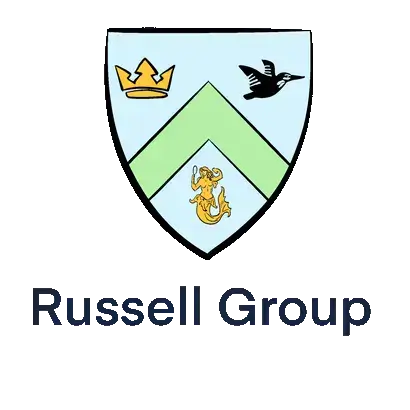Preparing for the 11+ and 13+ interview: Five tips for success
Is your child worried about an upcoming interview at 11 or 13 Plus? Finnian, one of our most experienced school entrance tutors, gives a valuable set of tips and hints for both parents and students in how to succeed at this tricky point in the process.
1. What is the point of the interview?
The interview is a conversation with a purpose, designed to establish whether the school will suit you and you will suit the school. Ask your child to think about why they want to go there, what the school can offer them and what they can offer the school. Can they play an instrument, act, contribute to team sports, play chess, instigate a new club? Tell them!
2. Should they bring anything with them to the interview?
Have them take some records of achievement and some photographs with them in a smart folder. This allows the interviewer to focus on their interests and gives them both something to talk about. It might be certificates, a diary entry from a visit to a museum or a photo of the family taking part in an activity. This portfolio, no matter how small, will give your child a sense of security as they know they can always talk about what is in the file if they run out of questions or answers.
3. How should I prepare my child at home?
Prepare your child by engaging in conversation about the school, current affairs and their thoughts and feelings on news stories. Obviously, you need to be sensitive, but what do they think about issues that affect them and the wider world? Encourage them to come up with their own solutions and discuss the efficacy of what they suggest, keep asking how and why questions about topical subjects.
What do they think or know about the Syrian crisis, for instance? ‘The Week’ is a great magazine for them to leaf through with you as it gives a digest of current affairs. The schools expect their students to be intelligent and informed – not experts on current affairs – but at least knowledgeable about the challenges of 21st century life.
4. How can parents calm their child’s nerves before their interview?
Try to reassure your child that they can relax; if they have got to the interview stage, they have proved that the school is interested in them as a candidate. The more they know about the school and the reason they want to go there, the better.
Just like any interview, a good knowledge of the school, its history, its ethos and what type of experience it offers its students is vital. The staff at the school want to know that they are not just one on a list of schools at which you are trying to gain a place. Your child needs to be told: ‘Be yourself and understand that it is important for you to find a school that suits you and the interview is designed to find that out’.
5. Should I mention extra-curricular interests?
Definitely! If you like drawing, take drawings. If you have invented a game or have made an amazing model using Lego, take it along. The examination has proved that you can achieve as set standard; the interview seeks to find the real you. What are you like, are you self-motivated, do you have a favourite subject, why is it your favourite, what team sports do you do, what solo activities are you involved, or would like to be involved, in pursuing?
6. Any final tips? (A freebie bonus!)
The interview is a chance for the school to see the real you and find out what your personality is like. They want to know if your child might play for a team or join the orchestra or whether you prefer games where the challenge is everything. They want to know how self-motivated they are, how well they can contribute to a team whether it be working in a science laboratory or on the sports field.
A successful candidate normally has a sound set of ‘life skills’ and is at ease with themselves and others. The school will want to know that they will get homework done on time. For example, having Grade 1 violin shows that they have persevered with something, and therefore there is a higher chance of completing all work given. They want to know they will contribute positively to the class dynamic and learning experience of the class. Being part of a team shows that you have the ability to work with other people. The best advice should be “be who you are and say what you think, be honest and if you do not know the answer or want a question rephrased, just ask. They are on your side!”







Start the discussion!